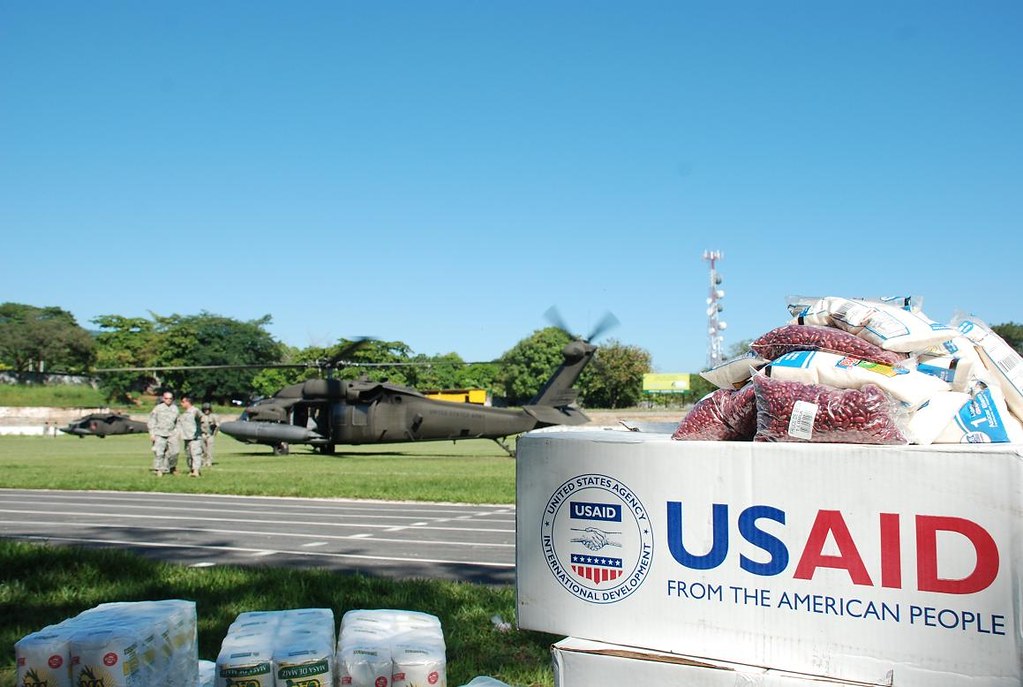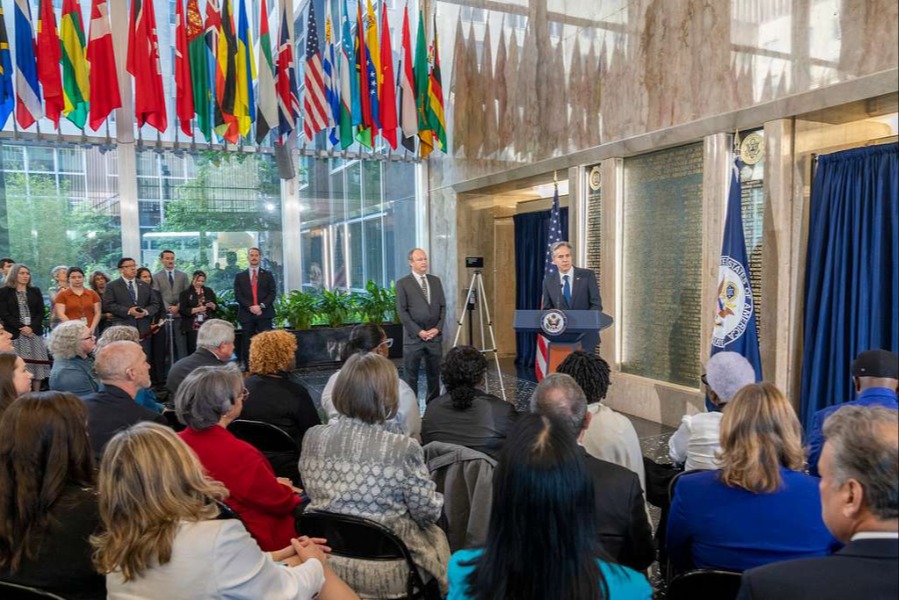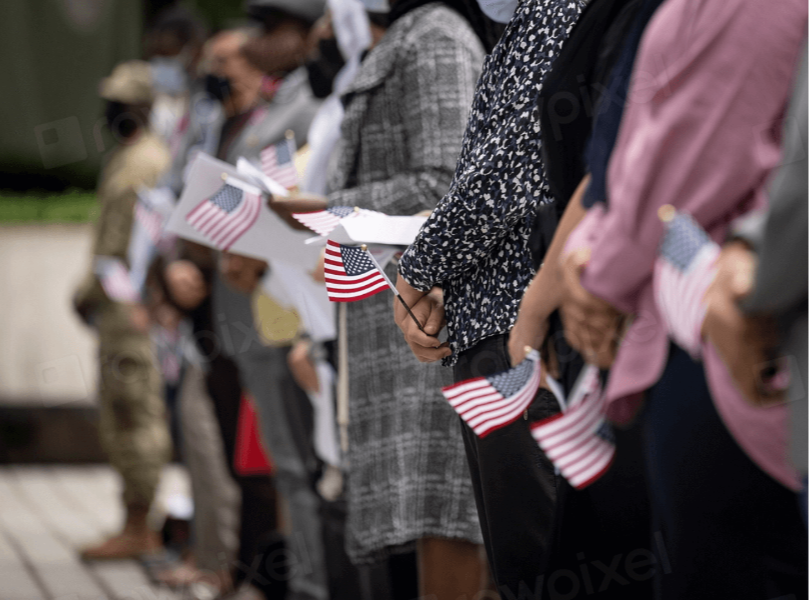Will the ICC investigate the Philippines?
The recent campaign of violence in the Philippines has received plenty of attention. Since the election of Rodrigo Duterte, who campaigned on a platform of cracking down on crime, observers have estimated that as many as 2,000 people have been executed, many on the suspicion of being drug traffickers. Via Reuters:
Published by The Lawfare Institute
in Cooperation With

The recent campaign of violence in the Philippines has received plenty of attention. Since the election of Rodrigo Duterte, who campaigned on a platform of cracking down on crime, observers have estimated that as many as 2,000 people have been executed, many on the suspicion of being drug traffickers. Via Reuters:
The number of drug-related killings in the Philippines since Rodrigo Duterte became president two months ago on a pledge to wipe out the illegal drug trade, has reached around 2,000, according to data released on Tuesday.
There has been popular support for his campaign, but the wave of killings unleashed since his election victory has alarmed rights groups and brought expressions of concern from the United States, a close ally of Manila.
|
Give Lawfare
a birthday gift! |
Two UN special rapporteurs have also sounded the alarm. All of which raises the question of whether the situation merits attention from the International Criminal Court (ICC). Jurisdiction is not an obstacle. The Philippines ratified the Rome Statute in 2011 and so the court has broad jurisdiction over relevant crimes committed on its territory. The alleged crimes appear to be comparable in severity to several other situations where the court has opened preliminary examinations. The most significant hurdle for the court might be plausibly characterizing the wave of killings as a potential crime against humanity, which would likely be the only category of crime that would fit. Trying to unearth solid evidence about any organizational policy related to the killings would be an investigative nightmare. But the alarming indications that the killings have high-level blessing would seem to merit at least a preliminary look.





